Tools:
- screw jack
Parts and consumables:
- New steering gear cover
- New tie rod end
- New suspension strut
Notes:
Worn or damaged suspension and steering components can cause excessive and dangerous tire wear, poor ride and handling, and increased fuel consumption.
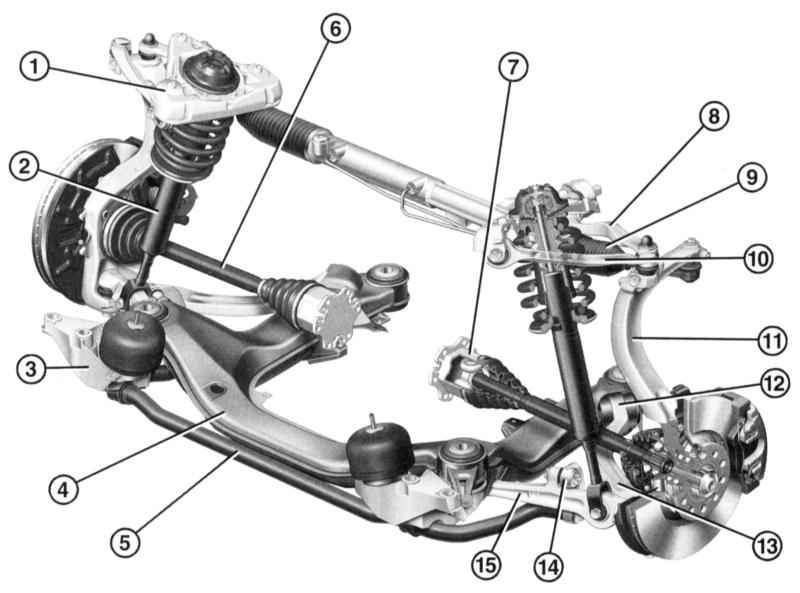
Front wheel suspension:
1 - support;
2 - suspension strut;
3 - console;
4 - power unit beam;
5 - stabilizer bar;
6 - drive shaft;
7 - hinge "Tripode";
8 - rear lever;
9 — steering draft;
10 - front lever;
11 - swivel support;
12 - hydrosupport;
13 - guide lever;
14 - connecting rod;
15 - carrying arm.
1. To check the shock absorber, jack up the vehicle and place it securely on jack stands.
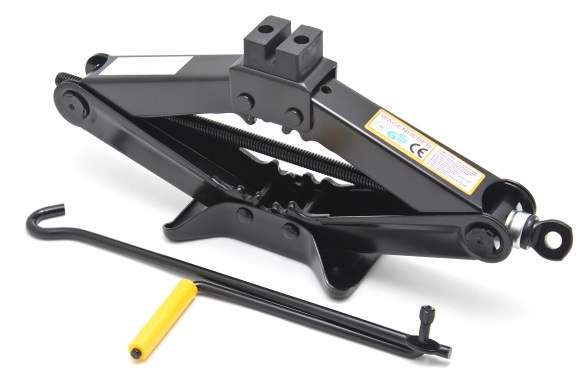
Screw jack.
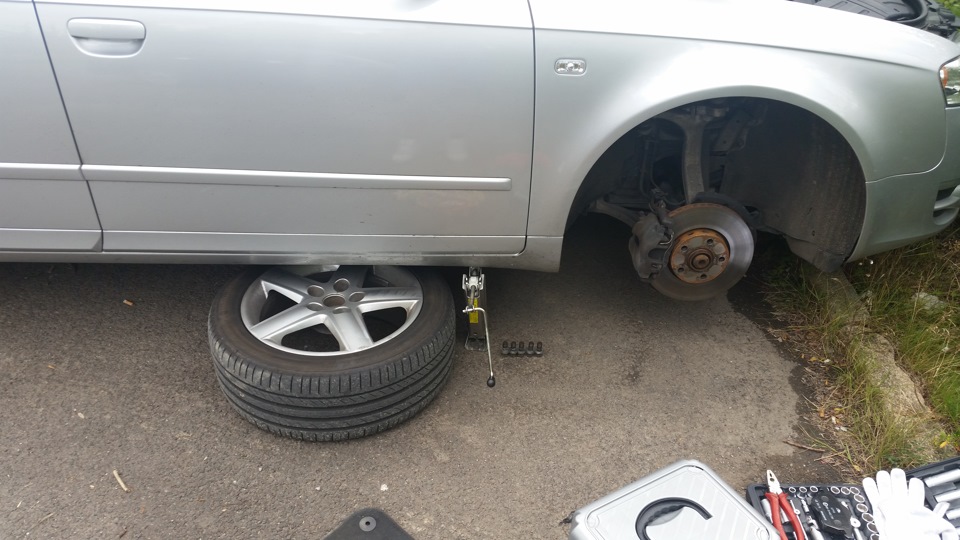
2 . Inspect the shock struts for signs of damage and gas leaks.
3 . Check the reliability of the installation and the integrity of the racks. Check the upper strut mounts for damage and signs of wear. If any are found, replace the racks.
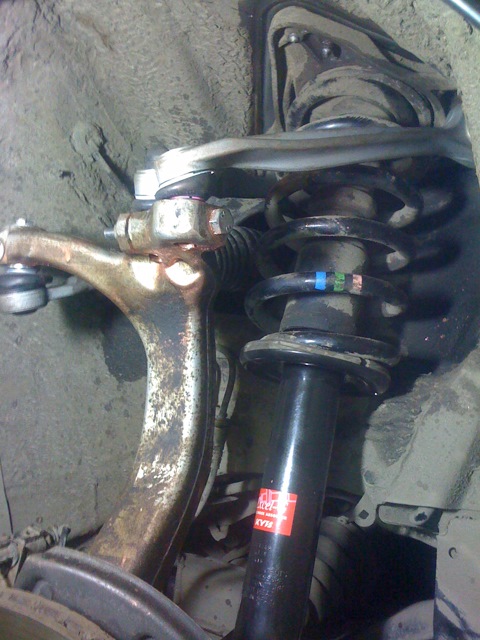
4. To check the condition of the steering system and suspension, remove the bottom cover of the engine compartment.
5 . Inspect steering system components for damage or deformation. Look for signs of fluid leakage, damaged gaskets, boot guards, and fittings.
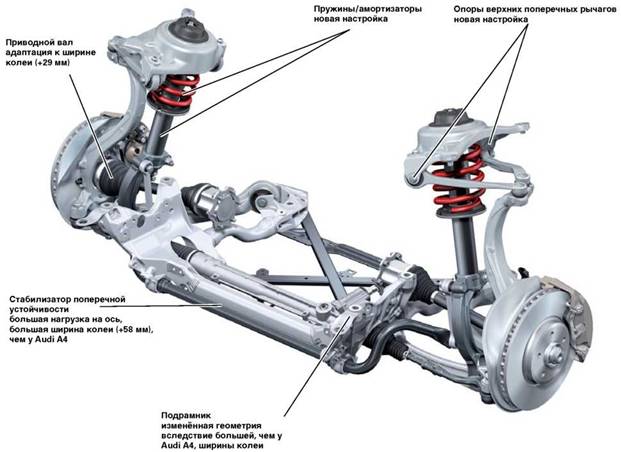
6 . Clean the lower end of the steering knuckle. Ask an assistant to grab the lower edge of the wheel and shake it, while you yourself observe the movement of the ball bearings connecting the steering knuckle to the lever. Inspect the protective covers of the ball joints for breaks. If you find play or torn or leaking protective boots, the ball joint(s) should be replaced.
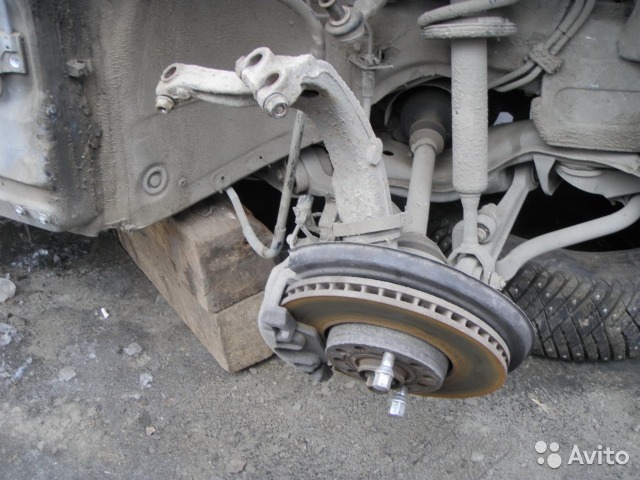
7 . Grab each of the front wheels by the front and rear edges and try to turn it front in and rear out to check for play in the steering gear. If play is found, check for loose steering gear and tie rod joints. If fasteners are loose, tighten them. If the tie rods are loose, then the cause may be worn hinges (first check the reliability of tightening the nuts).
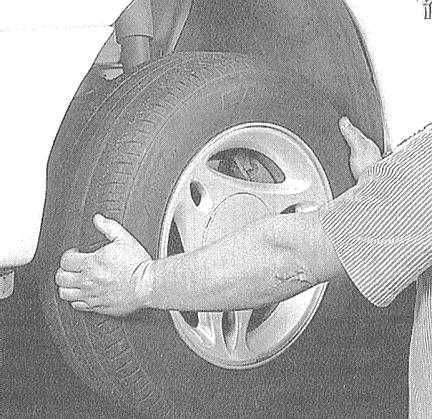
8 . To check the steering play, place the steering wheel in the middle position.
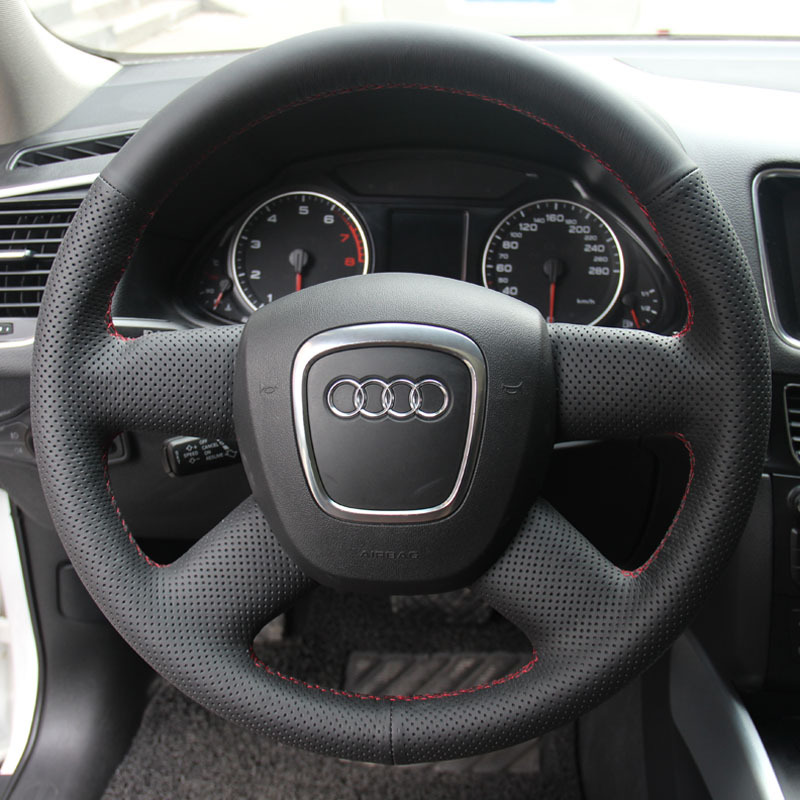
9 . Move the steering wheel from side to side while watching the front wheels. The maximum backlash of a steering wheel - 15 mm.
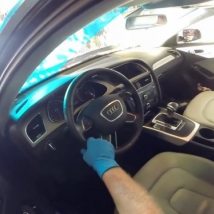
10 . If there is more play in the steering wheel, check the steering rods, the steering mechanism and the play in the front suspension bearings.
11 . Strongly move the steering rods on the left and right by hand. The ball joint must not have play, otherwise replace the joints or tie rods.
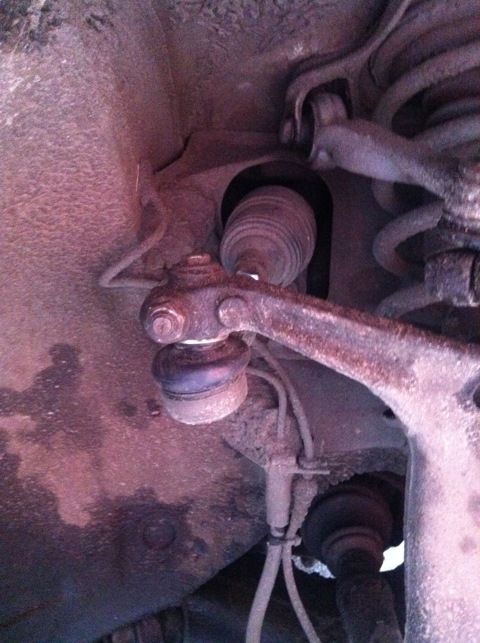
12 . To check the tie rod ends, ball joints and steering gear boots, illuminate the ball joint boots on the left and right with a lamp and check for damage.
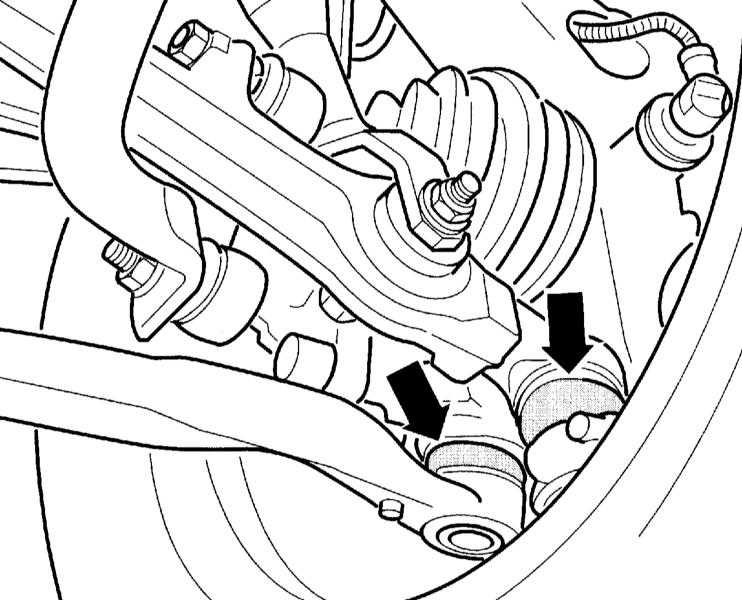
13 . Shine a lamp on the tie-rod end boot on the left and right and check for damage.
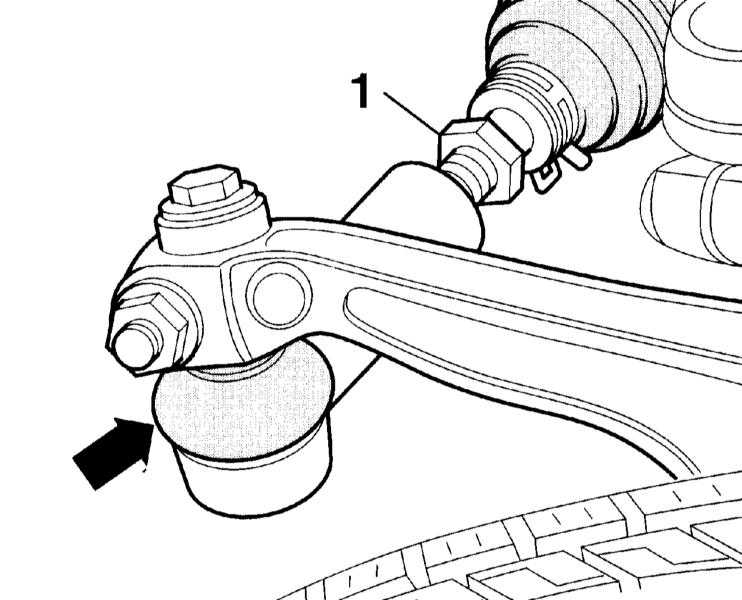
Note:
If the boots are damaged, for safety reasons, the corresponding joint with boot must be replaced. Pollution destroys the hinge.
14 . Strongly move the steering rods with your hand in different directions. The hinge must not have any play. Otherwise, the tie rod end needs to be replaced.
15 . Check the tightness of the locknuts of the tie rod ends and the hinge pin fastening nut without turning it.
16 . Check the protective covers ( 1 ) of the steering mechanism, if necessary, replace with new ones.
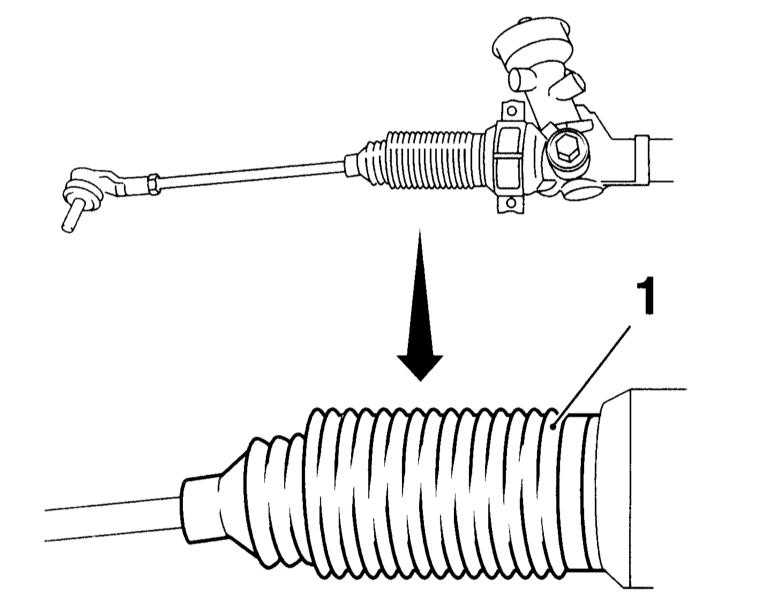
17 . Ask an assistant to turn the steering wheel to the right and to the left as far as it will go and check the covers in the stretched state for tightness.
18 . If there is damage, replace the covers immediately with new ones. Penetrated dirt destroys the steering mechanism.
19 . Check the fastening of the outer and inner clamping collars ( 2 ).
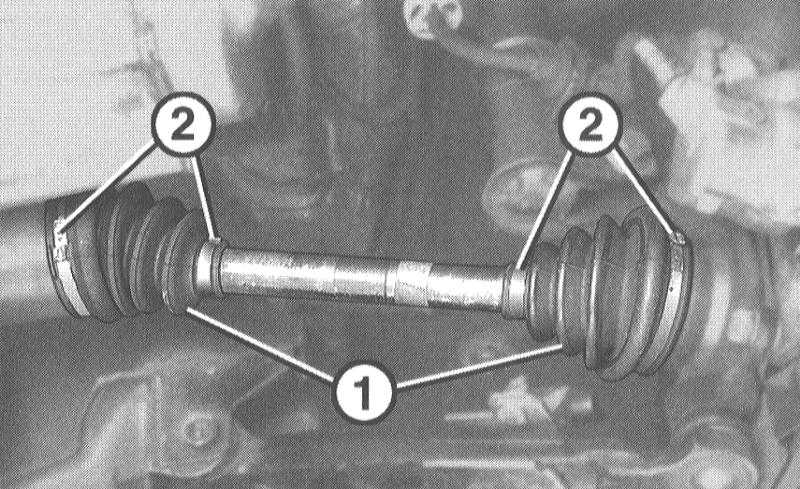
20 . Install the bottom cover of the engine compartment.
21 . Lower the car onto its wheels.
The article is missing:
- High-quality repair photos
Source: http://audi-a4-2000manual.narod.ru/audi-932-10.m_id-76.m_id2-.html
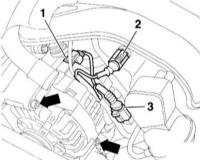
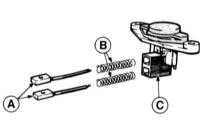
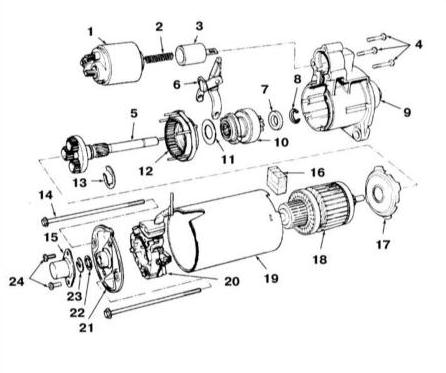
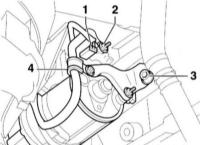
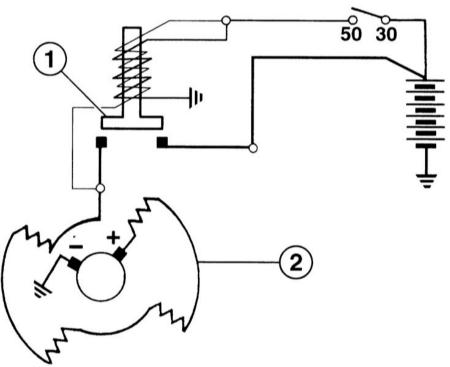
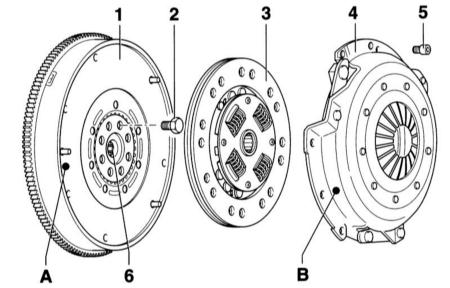

![B6 [2000 - 2005]](/uploads/Audi_A4_2000-2005_B6_.jpg)
